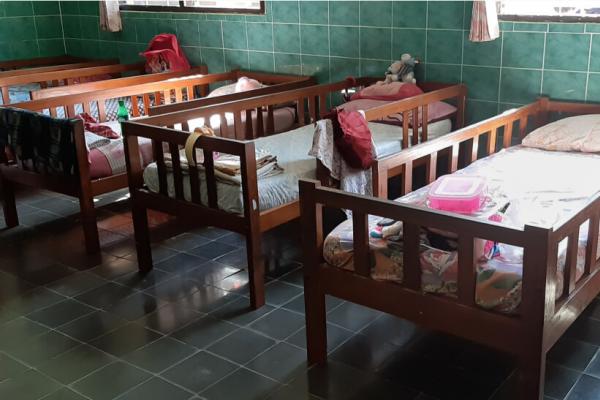Aug 9, 2021
Recently, the Centers for Disease Control and Prevention and other world organizations announced that over 1.5 million children had already been orphaned because of COVID-19, with more losses likely to come. Those precious souls are in desperate need of support, but not the kind Christians typically give. Around the world, devastation is caused by the institutionalization of children in residential schools and orphanages. Sadly, these institutions across the globe are often financially supported by American churches and charitable Christians who are unaware of their limitations and risks.
Read the Full Article

Already a subscriber? Login
